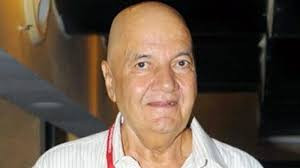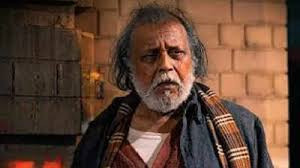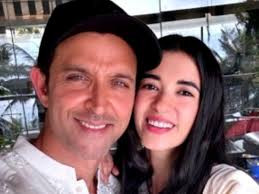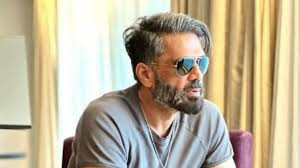Shreya Ghoshal Cancels Surat Concert After Pahalgam Terror Attack, Joins Arijit Singh in Mourning; Refunds Assured for Ticket Holders
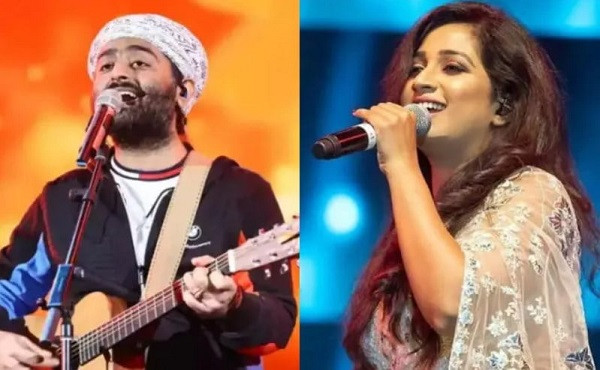
IIE DIGITAL DESK : The tragic terrorist attack in Pahalgam, Jammu and Kashmir, popular Indian playback singer Shreya Ghoshal has cancelled her much-anticipated concert in Surat. The move comes as a mark of respect for the victims and a show of national solidarity. The incident, which involved a deadly attack on a tourist bus, left several people dead and many others injured, sending shockwaves across the country and casting a shadow over celebratory events planned for the coming days.
Following in the footsteps of singer Arijit Singh, who earlier cancelled his concert in Chennai for similar reasons, Ghoshal announced her decision through a heartfelt statement, expressing deep sorrow for the lives lost in the attack. She said it did not feel appropriate to go forward with a musical performance when the country is in mourning. Her message resonated with fans and fellow artists alike, who praised her empathy and sensitivity during such a grave time.
The Surat concert, which had generated excitement among music lovers in Gujarat, was scheduled to take place on April 26. With a large turnout expected, the event was one of the key highlights of her tour. However, organizers and the artist’s team collectively decided to prioritize compassion over celebration. In their joint statement, they assured all ticket holders that full refunds would be issued promptly. The process would be handled automatically through the original mode of payment, minimizing inconvenience for fans.
Ghoshal’s decision is not just an individual act but part of a broader sentiment within the Indian entertainment industry, which has responded with shock and grief to the Pahalgam tragedy. Arijit Singh’s earlier decision to cancel his Chennai performance set a precedent, and Ghoshal’s similar move has further emphasized how artists across the board are choosing solidarity with the nation over personal commitments or commercial interests.
The attack in Pahalgam has sparked a wave of national mourning and political condemnation. Various leaders and public figures have expressed their anger and sorrow, and citizens across India have taken to social media to offer condolences to the affected families. The victims, many of whom were innocent tourists, were caught in an act of violence that has raised concerns about safety and the growing threat of terrorism in peaceful areas.
For Ghoshal, known for her soulful voice and emotional depth, this decision underscores her understanding of the emotional climate in the country. Her fans, while disappointed by the cancellation, have widely supported the move. Many took to social media platforms to express admiration for her respect toward the tragedy and her willingness to put the nation’s grief above entertainment.
Though there is no immediate news of a rescheduled date for the Surat concert, fans are hopeful that the event will be revisited in more peaceful and appropriate times. For now, the focus remains on healing, honoring the lives lost, and standing in unity during a difficult period for the country.
In times of national sorrow, gestures like Shreya Ghoshal’s serve as powerful reminders of the role public figures can play in shaping public sentiment. Her decision to cancel the concert is more than just a logistical announcement—it is a statement of compassion, responsibility, and respect for a nation in mourning.
You might also like!



